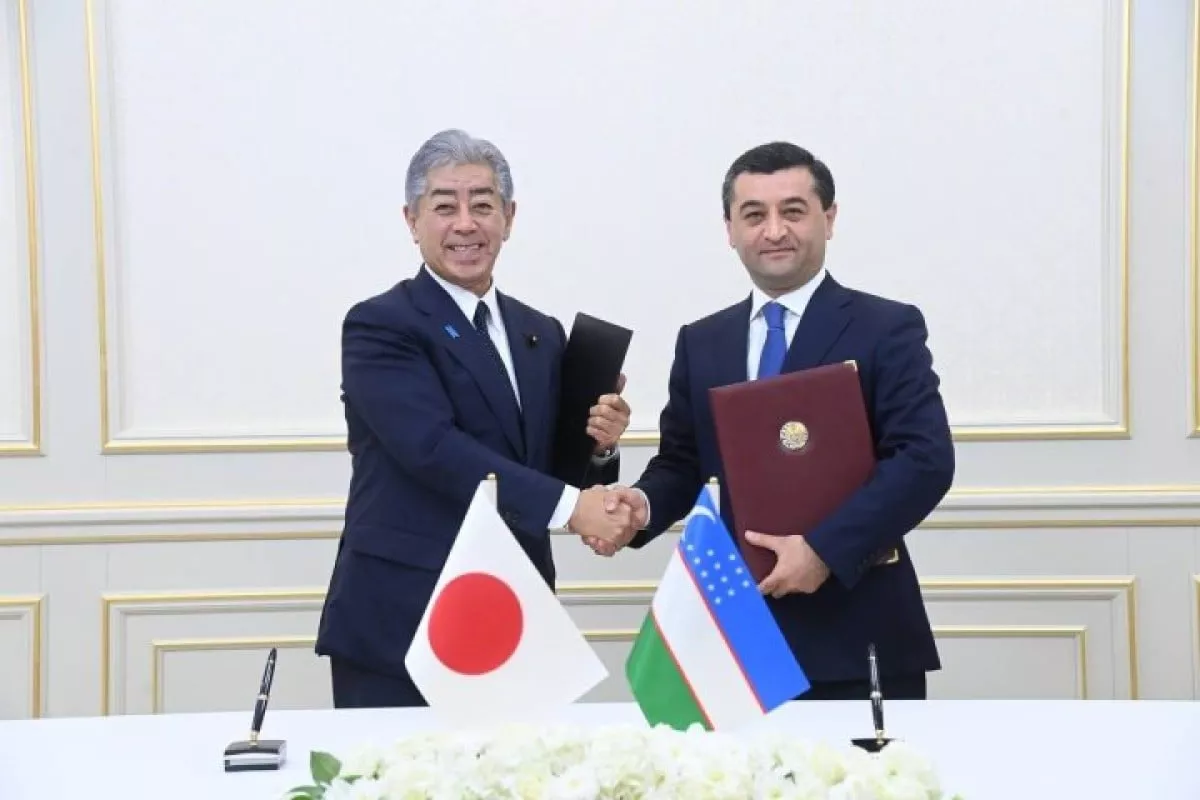A joint university will be opened in Uzbekistan with Japan

During recent high-level negotiations, it was announced that a joint university involving leading Japanese higher education institutions will be established in Uzbekistan. This was reported by Upl.uz.
This initiative is part of a broader strategy aimed at deepening bilateral relations. The strategy covers economic, technological, as well as cultural and humanitarian fields.
On August 27, an official meeting took place between Uzbekistan's President Shavkat Mirziyoyev and Japan's Foreign Minister Takeshi Iwaya. During the meeting, mutual interests in implementing projects in trade, investment, and financial-technical cooperation were confirmed.
One of the main topics of discussion was the future of the Uzbek-Japanese center, with plans to establish a new university based on this center. Both parties expressed support for significantly expanding the center's activities, which will lay the foundation for the higher education institution in the future.
At the same time, a historic strategic dialogue began at the level of heads of foreign policy departments of Uzbekistan and Japan. Within this dialogue, the most promising areas for expanding cooperation were identified, with special emphasis on information technology, transport infrastructure, mining industry, and "green" energy technologies.
At the end of the dialogue, a joint statement confirming the intentions of the two ministries was signed. New progress was also observed in the field of economic cooperation.
Deputy Minister of Investments, Industry, and Trade, Shokhrukh G‘ulomov, met with Yoshiaki Takemasu, Vice President of Mitsui & Co, one of Japan's major corporations. The negotiations focused on existing joint projects in energy, modern construction materials production, and infrastructure development.
Additionally, new investment directions in geology and modern urban planning were discussed. Relations in education and economic sectors have been steadily developing throughout the year.
In January, Uzbekistan's President supported the plan to expand the activities of the Japan International Cooperation Agency (JICA). During a meeting with JICA President Akihiko Tanaka, the importance of attracting Japanese investments to the private sector, creating special economic zones for Japanese investors, and activating cooperation in personnel training and vocational education was emphasized.
The building of the Alisher Navoi State Academic Grand Opera and Ballet Theatre in Tashkent was constructed in 1947 with the participation of Japanese war prisoners. This building withstood the strong Tashkent earthquake of 1966 and today is considered one of the symbols of friendship between the peoples of Uzbekistan and Japan.

